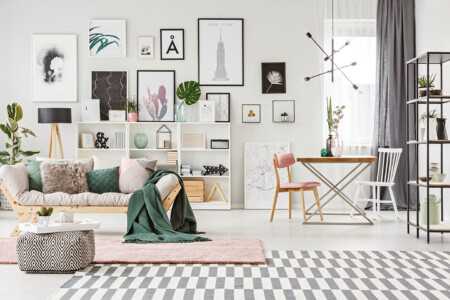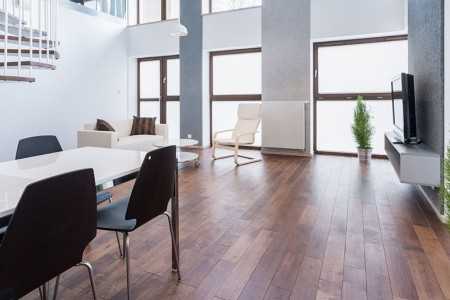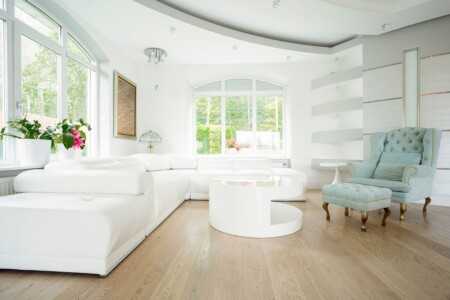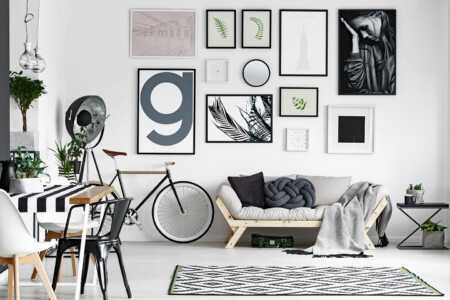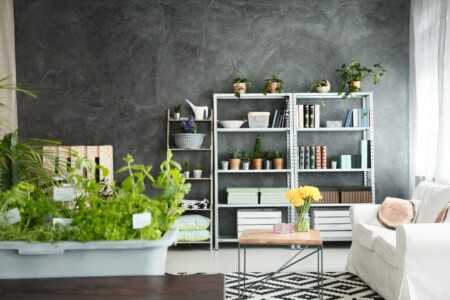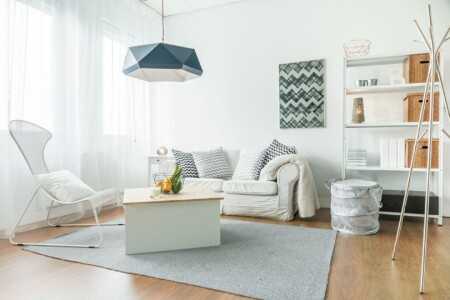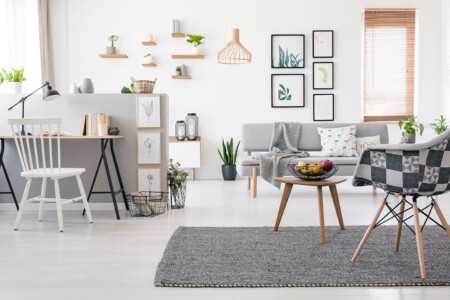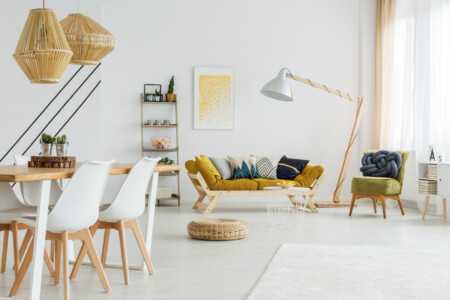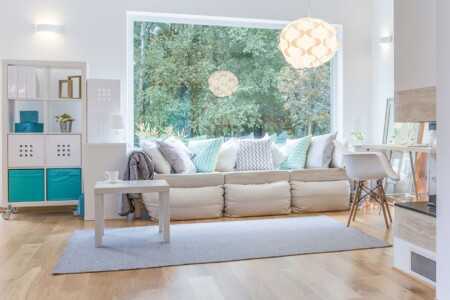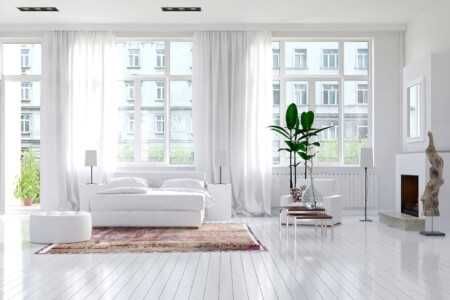How suitable is this 3 persons 1-room studio in Hurghada Mubarak 3 for school-age children?
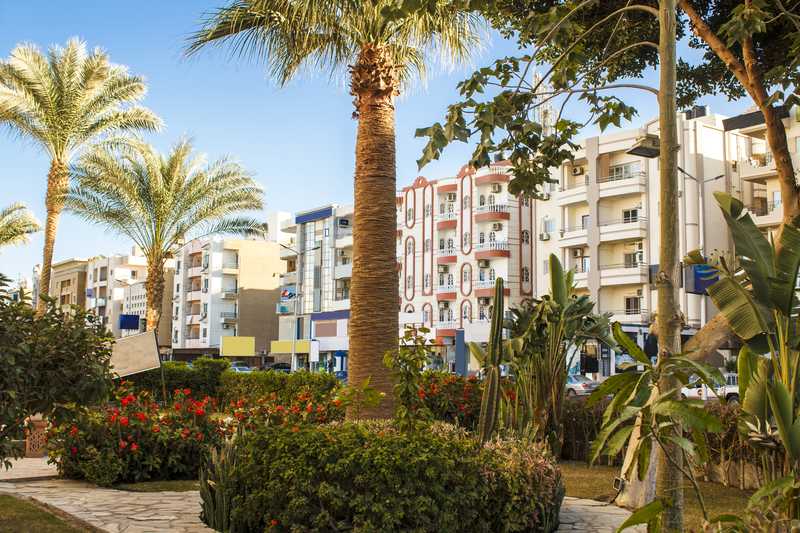
Assessing the suitability of a 3-person 1-room studio in Hurghada Mubarak 3 for school-age children
Finding the right living space for school-age children requires careful consideration, especially when the home is a compact 3-person, 1-room studio in a busy area like Hurghada Mubarak 3. Many parents wonder if such a unit can provide both comfort and practicality for their children’s daily needs, including study, play, and rest. The answer depends on several key factors surrounding the studio layout, available amenities, and the lifestyle that comes with this specific location.
Space and layout considerations
A 1-room studio means that the living, sleeping, and sometimes even the cooking areas share the same open space. For three people, including school-age children, this can create a few challenges. Children need personal space to study and relax, away from distractions, which could be tough to achieve without separate rooms. However, creative use of furniture can help:
- Partition solutions: Portable dividers or curtains can carve out a small private zone for schoolwork or rest.
- Multi-purpose furniture: Bunk beds with desks underneath or wall-mounted foldable desks allow better space usage.
- Vertical storage: Shelves and hooks can maximize available space by keeping floors and surfaces clear.
In addition, the layout should ideally position the sleeping area away from noisy streets or common areas within the building. Parents should visit the studio during different times of the day to understand the noise levels and lighting, as these impact children’s ability to focus on homework and get restful sleep.
Safety and comfort in Hurghada Mubarak 3
The neighborhood of Hurghada Mubarak 3 is known for its vibrant community and proximity to schools, shops, and parks. For a family with young school-age children, this accessibility is a huge plus. Being near schools reduces commute times and makes after-school activities more manageable. But safety is an important concern:
- Building security: Does the studio complex have secure entry points and surveillance?
- Street traffic: Are there busy roads nearby that children could accidentally wander into?
- Play areas: Are there safe, dedicated outdoor spaces for children to play close to the home?
Comfort inside the studio also means assessing ventilation and sunlight. Hurghada’s weather can become quite hot, so air conditioning or effective fans are essential. Proper window placement affects both natural light for study and temperature control, enhancing the children’s learning experience and overall well-being.
Impact on school-aged children’s daily routine
Adopting a small studio lifestyle in this busy location requires adjusting the children’s daily routine to make the most of available space and time. Here’s how this living situation might impact children’s schooling and social development:
- Study environment: It’s critical to create a quiet corner dedicated to study. Lack of separate rooms may challenge this, but with discipline and routine, children can thrive.
- Socialization: Living in a single room with multiple family members can limit private time, yet the communal setup could strengthen family bonds and communication.
- Outdoor activities: Proximity to local parks or community centers in Hurghada Mubarak 3 can compensate for limited indoor play space.
Parents should encourage regular breaks outside the studio to help children release energy and interact with peers, which is vital for holistic development. Additionally, efficient time management inside the studio can keep the environment balanced and supportive.
Practical tips for making the studio work
If you decide that this type of studio is worth exploring, here are some practical tips to enhance suitability for school-age children:
- Declutter regularly: Keep belongings to a minimum to avoid chaos within the small living area.
- Use noise-canceling items: Earplugs or white noise machines can help children focus when studying.
- Create a consistent schedule: Structured times for study, meals, and play help maintain order and reduce stress.
- Leverage local resources: Utilize nearby libraries or community centers for additional study space.
while a 3-person, 1-room studio in Hurghada Mubarak 3 might seem limited at first glance, thoughtful organization and attention to children’s needs can make it a viable option. Parents should weigh the pros and cons carefully, focusing on how well the space can support their children’s academic and personal growth.
Practical tips for creating a child-friendly learning space in compact living areas
Designing a space that encourages focus and comfort
When you live in a compact area, finding the right spot for your child to study and learn can be a challenge. Creating a child-friendly learning environment means balancing comfort, functionality, and a bit of creativity. The key is to offer a place that helps school-age children stay focused and engaged, while also feeling safe and comfortable.
Start by choosing an area in your living space that has good natural light. Natural light boosts mood and concentration, which are important for children during study time. If natural light is limited, consider a bright, adjustable desk lamp that mimics daylight to reduce eye strain.
Optimizing furniture for compact rooms
Space-saving furniture is your best friend in small living areas. Look for desks that have built-in storage or fold-away features. A desk with drawers or shelves can keep school supplies organized and off other surfaces, reducing clutter. This is especially helpful to keep distraction levels low for children.
Choosing an ergonomic chair that adjusts to your child’s size will support good posture, preventing discomfort or strain during long study sessions. If space is extremely tight, consider a comfortable floor cushion with a portable lap desk, giving your child flexibility in where they study.
Using colors and decorations wisely
Colors can influence mood and concentration. For a compact room, use light, neutral tones on the walls to make the space appear bigger and brighter. Adding pops of your child’s favorite color through decorations, desk accessories, or wall art can make the learning space visually stimulating without being overwhelming.
Personal touches like motivational quotes or artwork your child created can inspire creativity and a sense of ownership in their learning space. Avoid overcrowding the area with too many decorations to maintain a calm and focused environment.
Creating defined zones in small spaces
In compact living areas, a dedicated learning space might not be a separate room. However, you can create a “zone” that signals it’s time to focus. Use rugs, room dividers, or shelves as subtle barriers to visually separate the study area from living or sleeping zones. This helps children distinguish between work time and playtime, which improves concentration and self-discipline.
Even a small corner can become a powerful learning nook with the right setup. Keep all necessary supplies within reach, so children don’t have to move around too much, which can reduce distractions.
Managing noise and distractions
Noise can interfere with your child’s ability to focus, especially in homes where multiple activities happen simultaneously. To minimize distractions, consider noise-canceling headphones or soothing background sounds like soft instrumental music. Communicate with other family members about quiet hours during study periods to create a respectful learning environment.
Encouraging organization and routine
A clutter-free space helps children feel more in control and ready to learn. Incorporate simple organizational tools such as bins, baskets, or wall-mounted organizers that keep books and supplies tidy. Teaching children to put things back in their place after use builds responsibility and reduces morning or evening chaos.
Establishing a consistent study routine within this designated space can boost productivity. Children respond well to predictable schedules, so keeping the learning area ready and inviting every day reinforces good habits.
Technology thoughtfully
If your child needs a computer or tablet for schoolwork, place it in a spot where you can supervise usage easily. Avoid positioning screens too close to beds or distractions. Invest in a charging station or cable organizer to keep cords neat and prevent tripping hazards.
Encourage breaks away from screens by using physical materials like books, pencils, and art supplies. Balance technology with hands-on activities to reduce screen fatigue and help children stay engaged.
Adapting the space as your child grows
Children’s needs change as they advance in school. A compact learning area should be flexible enough to grow with your child. Modular furniture, adjustable lighting, and changeable storage can keep the space useful for different ages and subjects.
Involve your child in updating the setup every few months to make sure it still fits their preferences and study habits. This involvement helps them feel responsible and ensures the space works well for their current learning needs.
Summary of tips
- Choose a bright, comfortable spot with good lighting.
- Use space-saving, ergonomic furniture tailored to your child.
- Incorporate calming colors with cheerful accents.
- Define the learning zone using rugs or dividers to minimize distractions.
- Manage noise levels and encourage quiet during study times.
- Keep the space organized with accessible storage solutions.
- Use technology wisely and balance with non-digital tasks.
- Make the space adaptable as your child grows and their needs change.
Designing a child-friendly learning space in a compact living environment is entirely achievable with a thoughtful approach. By focusing on comfort, organization, and personalization, you create a supportive atmosphere that helps school-age children thrive academically—no matter how limited the space. With these practical tips, you can transform even the smallest area into a productive, inspiring study haven for your child.
Summary of key points
Choosing a 3-person 1-room studio in Hurghada Mubarak 3 for school-age children presents both challenges and opportunities. While the limited space might seem tight, careful planning and thoughtful design can transform the studio into a comfortable and functional home that supports learning and daily living. By assessing the layout with your children’s needs in mind, you can create a space where they feel safe, focused, and motivated to study and play.
Practical tips, like setting up a dedicated study nook using vertical shelves or multipurpose furniture, can maximize space without sacrificing comfort. Good lighting and minimal distractions help foster a productive environment, even within a compact setting. Encouraging decluttering and involving your children in organizing their belongings also boosts their independence and makes the space feel more personalized.
Ultimately, suitability depends on your lifestyle and commitment to adapting the area around your children’s priorities. With intentional design and mindful routines, a 3-person 1-room studio in Hurghada Mubarak 3 can support the growth and learning of school-age children while accommodating the needs of all family members. It’s about creating balance—turning limited square footage into a nurturing and efficient home where your children can thrive academically and grow comfortably.

